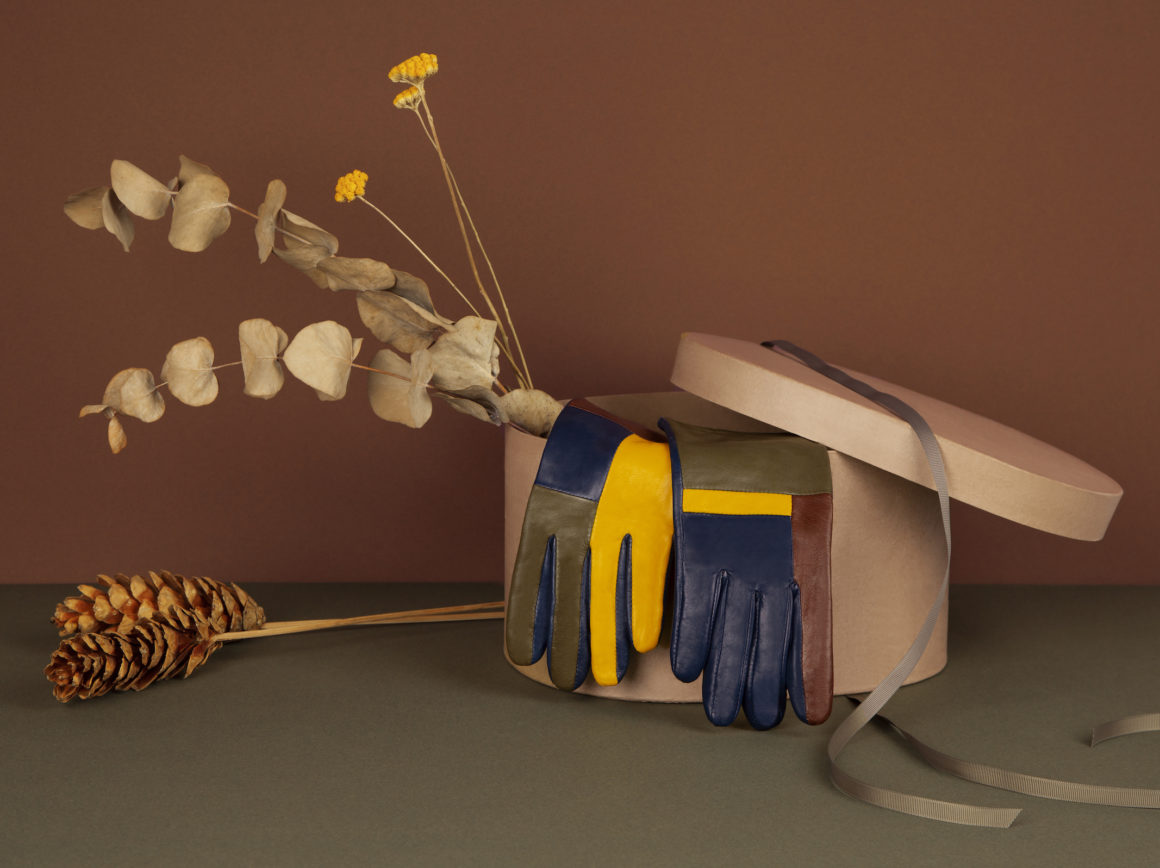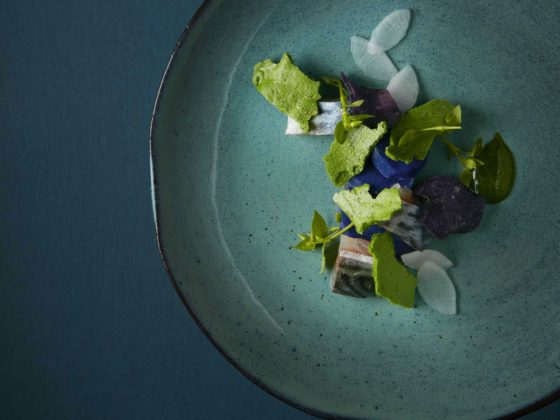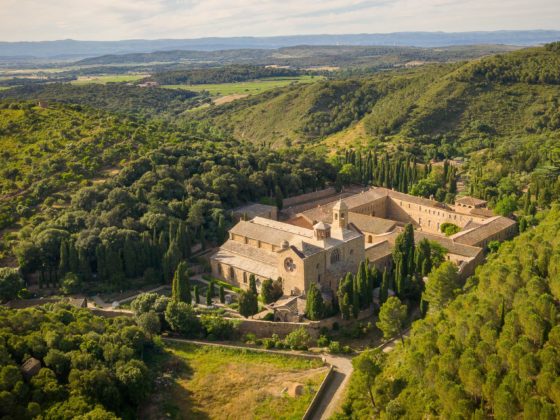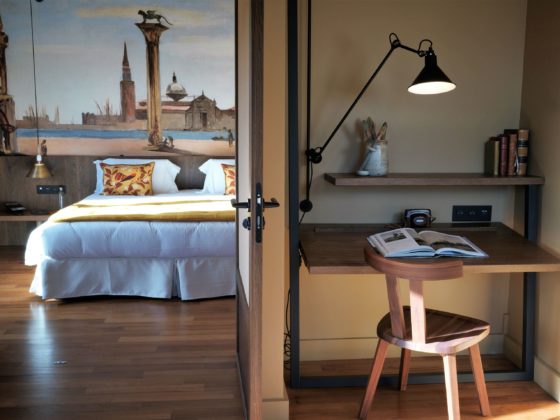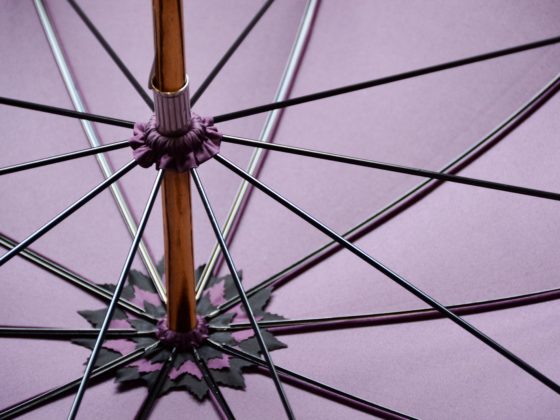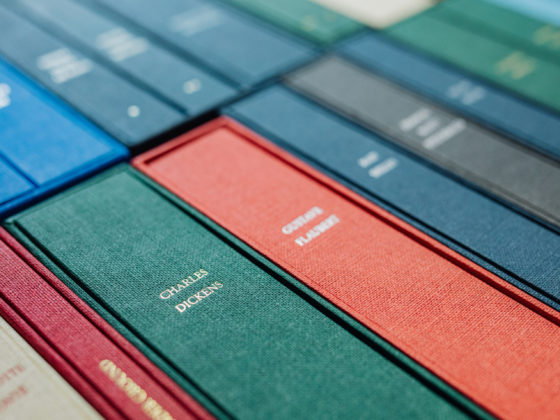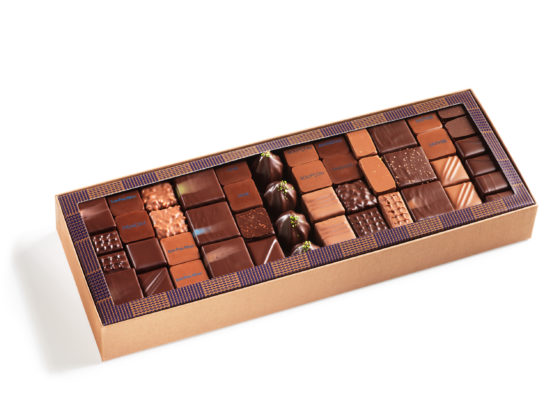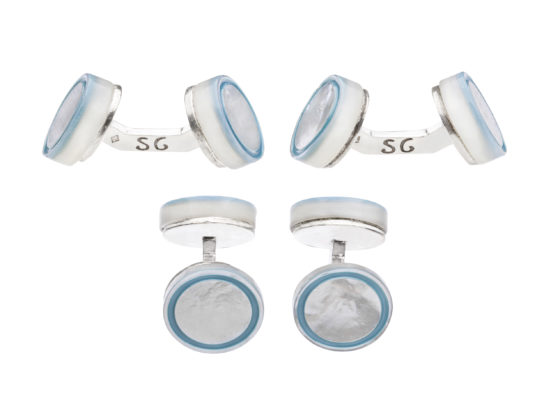The candidacy of the glove factory of Millau to the intangible cultural heritage of Unesco is in progress. Led by Olivier Fabre, President of Maison Fabre, the application will be submitted in 2022 or 2023 and goes beyond the scope of regional know-how to encompass the entire industry.
By Carine Loeillet
French glove-making is based on a craft know-how that goes back to the Middle Ages, established mainly in the Dauphiné and the Massif Central. This industry, which reached its peak between 1850 and 1920 in Grenoble and Saint-Junien, was established in Millau, the new stronghold of the glove industry, in the 1930s. The particularity of Millau: it is the only territory to have a complete glove-making industry since the Middle Ages. The pilgrims passing through the abbey of Conques paid their night with Roquefort cheese, the shepherds and the herds destined for the milk occupied all the lands of the surrounding departments. The natural materials, wool and leather, were worked on site. But after having counted several hundred companies, this industry was hit hard by Asian competition, and the specialists who survive today are no longer numerous. Some companies have become part of luxury groups, such as Causse, which is now owned by Chanel, or the Ganterie Coopérative de Saint-Junien, owned by Hermès. By investing in the sector, these groups wanted to protect a know-how while ensuring a production.

Olivier Fabre has chosen to devote all his energy to this know-how. The defense of the French glove industry is his motivation. Grandson of the founders of the Maison Fabre in Millau, Aveyron, he has been leading the candidacy of the glove-making industry of the Millau region to Unesco’s intangible cultural heritage since 2015. For this, he set up an association that he manages. At his side an expert, Nadia Bédar, in charge of the candidacy project. It was she who succeeded in getting Grasse listed as a Unesco intangible heritage site in 2018 for its perfume expertise. Since 2003, Unesco has had a convention that aims to promote and safeguard so-called intangible practices, such as craft skills. Olivier Fabre is confident: “We have every chance, our file is quite exceptional because it is based on a triptych and goes beyond the regional character”, he explains with enthusiasm. Entitled “The know-how related to the traditional glove-making of the women and men of the Millau region : from agropastoralism (breeders, shepherds, breeders, feeders, shearers, farmers, veterinarians) to the knowledge and transformation of natural materials (shapers, tanners, cutters, dyers, graders, spinners, delaineurs), to the art of making the glove (master glove makers, stitchers and hand sewers)”, the project aims to give meaning to an entire industry. A unique sector in the world, which encompasses several departments. “Nowhere else is there a territory with so many festivals and traditions related to agropastoralism and leather processing. It is a true local culture,” continues the director of Maison Fabre.

For this file to stand out at Unesco, it must be protected by giving it a dynamic. “It is not a museum. It is a living heritage, which must be kept alive, which must continue and develop”. For Olivier Fabre, “there is a local pride and the file will be particularly oriented towards the regional populations, inclusion will be the priority”. The care of the animal is also part of this valorization. Among the safeguards related to the file, a UNESCO chair on animal welfare is planned. It is a university work that will be oriented for at least four years on the subject. It could be three universities: Toulouse, Ethiopia and Argentina. Currently, the glove makers work mainly with mixed lambs from Ethiopia. It is therefore consistent to involve Ethiopia in this bid. Ethiopia is a key player in the world for mixed lamb. The bid could therefore become international with Ethiopia.

This application, which will be submitted in 2022 or 2023, will of course include all the French glove makers, located in Millau, but also in Saint-Junien or Grenoble. This French bid could also become bi-national and involve Ethiopia, a great specialist in mixed breed lamb. Finally, the dossier is accompanied by a number of safeguards, planned to be implemented progressively. Some of them are linked to training, with the project of a school – while the transmission is only done in a formal way. Others focus on the education of youth. Others are intended to show solidarity, with operations of an economic and social nature for vulnerable people. It is envisaged to develop a sustainable tourism (road of the glove makers, treasure hunt). Without forgetting the eventful part: symposiums (from April 2021 at the Manufacture des Gobelins then, in Millau, the following autumn), glove-makers’ vigils, festivities of Saint Anne, patron saint of glove-makers and glove-makers… All these celebrations, rituals and social practices linked to the skin and the glove will be placed at the heart of the safeguard measures.
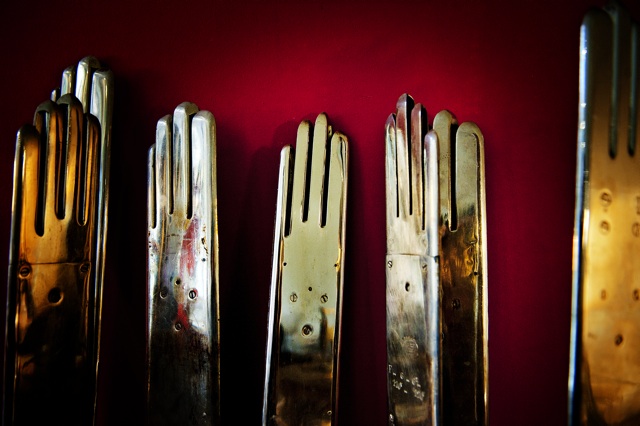
In this vast operation of seduction, Olivier Fabre and Nadia Bédar, director of the candidacy, are not alone, a certain number of elected officials are also committed to the adventure, from the mayor of Millau to the president of the Millau Grands-Causses community of municipalities, including the senator, the deputy, the president of the Aveyron departmental council and the Ministry of Culture. All have taken on the mission of representing a sector and highlighting the expertise of practitioners holding know-how related to the glove industry in the Millau region.


